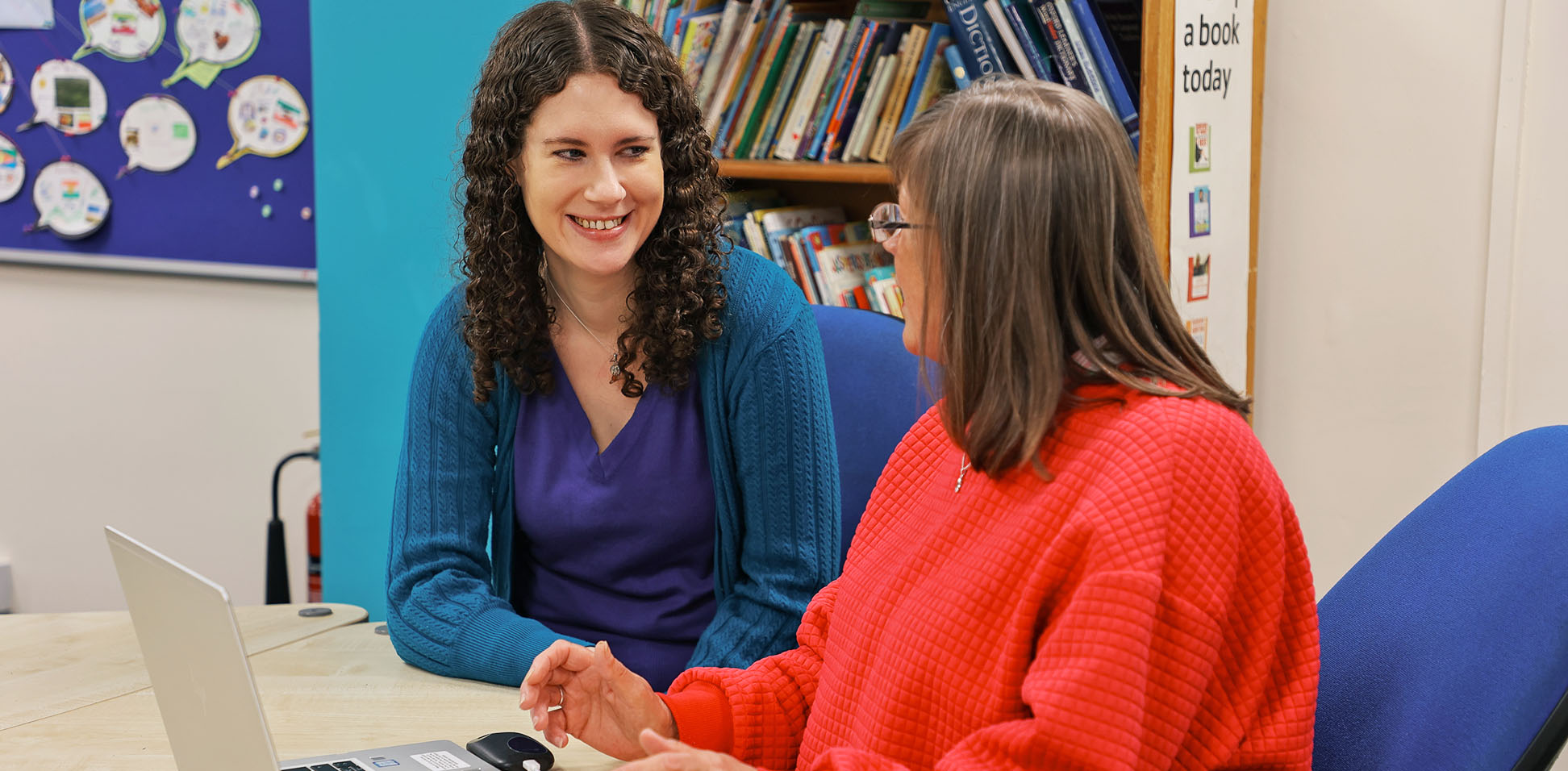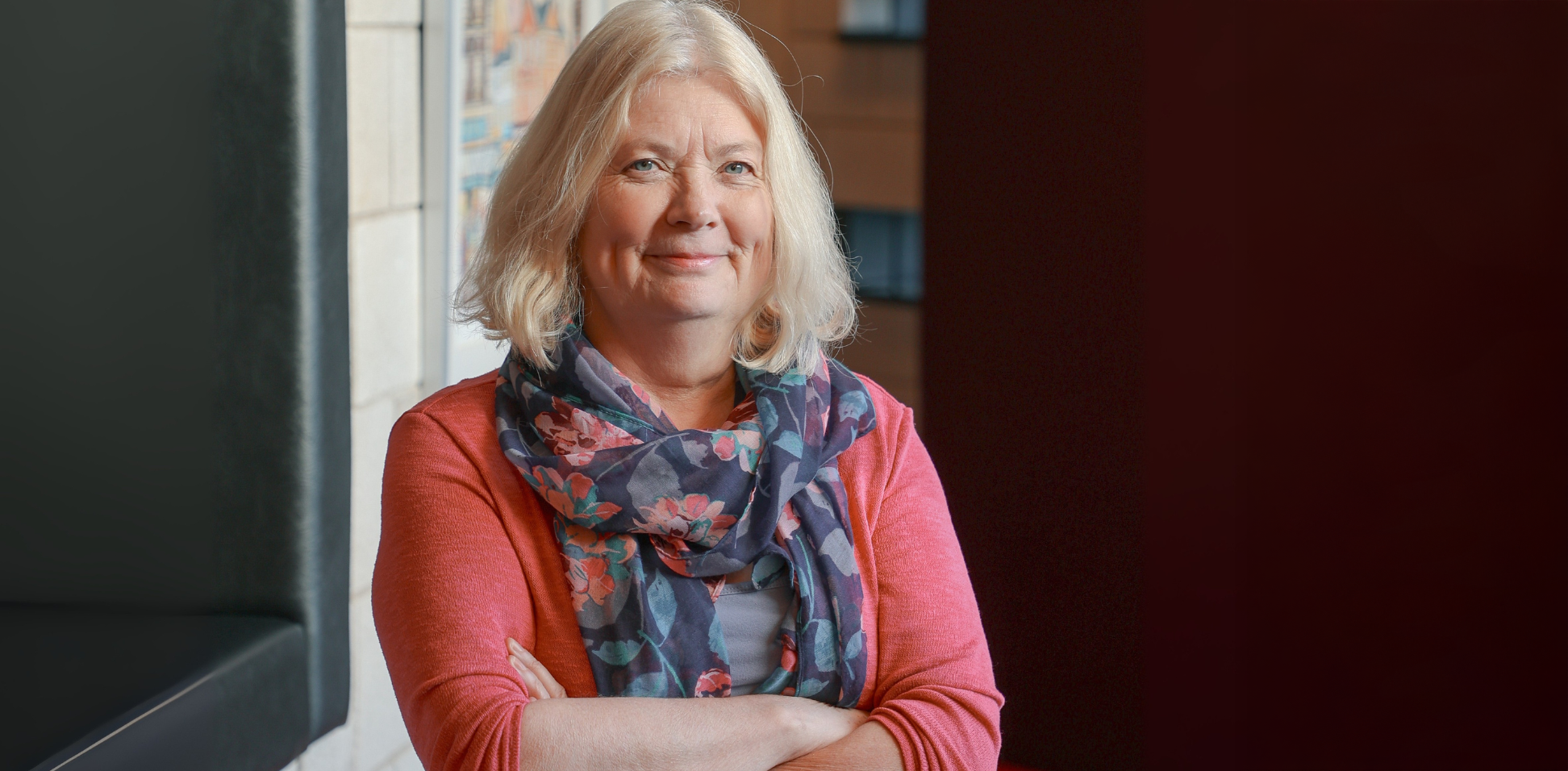Beyond the Postcode Lottery: How Local Councils are Baking in Digital Inclusion
Discover how local councils like Hull and Cornwall are tackling the 'postcode lottery' of digital inclusion by embedding support into their services, fostering partnerships, and understanding local needs to ensure everyone can participate in our digital society.
Many communities face a 'postcode lottery' when it comes to accessing vital digital inclusion support. But what if we could change that?
Local councils play a crucial role in digital inclusion. By embedding digital inclusion support into their services and working with local partners, they can help to ensure all residents can participate in our digital society.
In our Get Online Week webinar for local authorities, we heard from Hull City Council and Cornwall Council about how they are doing just this: Baked in, not bolted on: local authorities embedding digital inclusion in practice. We also heard from Grace Perks, Digital Advisor at the Local Government Association (LGA) about their recent survey to understand this ‘postcode lottery’ of digital inclusion support.
Embedding digital inclusion into Hull Adult Social Care
Margaret Woodcock (Hull City Council) shared insights into their approach to integrating residents' digital needs into the digital transformation of adult social care services.
Key takeaways:
- Resident engagement and research were foundational: The project began with understanding residents' digital habits to "capture the voice of the city."
- Partnership is crucial: Collaboration with the University of York through the Curiosity Partnership and other local cross-sector partners was vital for success and overcoming engagement barriers like a lack of trust, disinterest in digital technology, and language barriers.
- Comprehensive research methods: A mix of online and in-person surveys and conversations ensured the inclusion of those not online. Five hundred residents were surveyed on device access, internet connectivity and usage, likes and dislikes about technology, barriers, and future needs.
- Extended engagement period: The resident engagement phase took six months, initially planned for three.
- Significant digital divide identified: Only 63% of people who use adult social care in Hull have home broadband connection, compared to the city average of 86%. Furthermore, 22% of adult social care users do not regularly connect to the internet.
- Engaging communication of findings: The University of York produced an animated video, "Hull Digital Deep Dive," to effectively communicate the research results.
Understanding local need: Cornwall Council
Chloe Rickard (Cornwall Council) and Katharine Willis (University of Plymouth) presented their collaborative approach to mapping Cornwall's digital inclusion needs and landscape. This initiative aims to enhance existing digital inclusion efforts, guide the Council’s 2030 Digital Inclusion Strategy, and highlight the economic benefits of bridging the local digital divide.
Key takeaways:
- Customer Philosophy: The Council operates on a "digital by design but accessible by all" principle.
- Existing Program Success: The Council's current digital inclusion program, funded by the Shared Prosperity Fund, has already achieved significant results:
- £3.5 million in potential financial benefits for residents.
- £400,000 in potential NHS savings through reduced GP appointments.
- Training for 445 digital champions within partner organizations.
- Support for 9,000 individuals.
- Role of Digital Champions: Digital champions, embedded in local organizations, have been crucial to the program's success.
- Partnership Importance: The collaboration between Cornwall Council and the University of Plymouth was fundamental to developing this approach.
- Survey Methodology: A resident survey was developed using two established approaches:
- The Lloyds Bank Consumer Digital Index.
- The Indicators of Digital Inclusion, developed by Good Things Foundation in partnership with private, public, and academic sectors.
- Strategic Importance of Local Needs: Understanding local needs is essential for informing strategy, provision, coordinating with local stakeholders, and advocating for investment.
Local Government Association Survey into local authorities’ digital inclusion programmes
Hot off the press, Grace Perks (Local Government Association) shared the headlines from their recent survey into how local authorities are bridging the digital divide.
Headlines
- Around 1 in 3 councils responded: a strong signal of interest and engagement.
- 57% have at least one staff member responsible for digital inclusion; 59% have a team.
- Funding is patchy: 58% have used core funding, 50% have used UK Shared Prosperity Fund (UKSPF).
- Responsibility often sits in IT/Digital Services (28%), but cross-council ownership is limited.
- 42% have elected members as active champions – a key lever for change.
What support is available for Councils?
- Explore the Local Government Association’s Digital Inclusion Hub and join their Digital Inclusion Network.
- Check out Good Things’ research into partnership working to promote digital inclusion for health. This provides a useful framework for Council’s working in partnership with local health partners and others.


